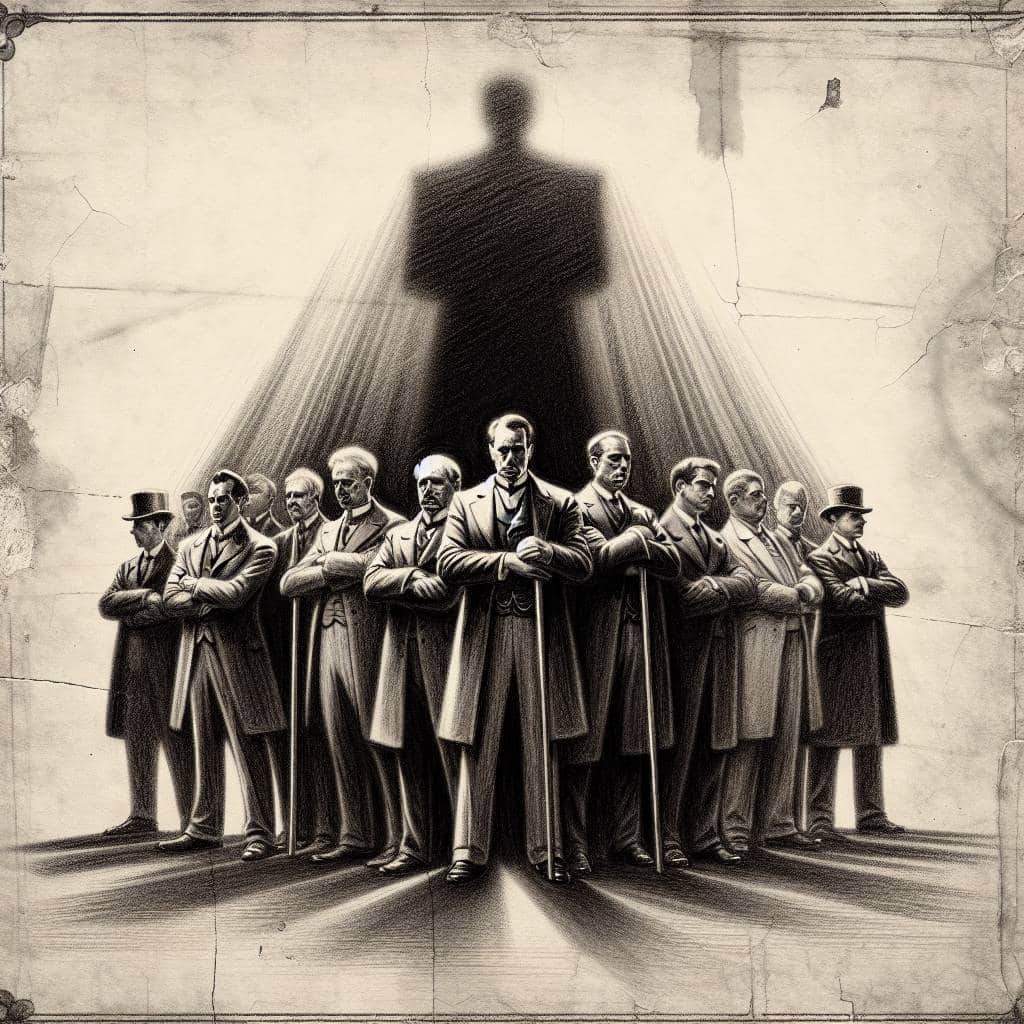Okay, deep breath, let's get this over with. In the grand act of digital self-sabotage, we've littered this site with cookies. Yep, we did that. Why? So your highness can have a 'premium' experience or whatever. These traitorous cookies hide in your browser, eagerly waiting to welcome you back like a guilty dog that's just chewed your favorite shoe. And, if that's not enough, they also tattle on which parts of our sad little corner of the web you obsess over. Feels dirty, doesn't it?
UN Cybercrime Convention: Tech Giants and Activists Unite Against It
The United Nations convention against cybercrime has tech giants and human rights advocates in a tizzy. Critics claim it doesn’t tackle ransomware or hacking but instead boosts government surveillance, potentially silencing dissent.

Hot Take:
The new UN cybercrime convention is like bringing a butter knife to a gunfight – it’s just not cutting it, and everyone’s feeling the squeeze!
Key Points:
- The UN cybercrime convention focuses more on digital communication crimes like libel rather than serious cyber offenses like ransomware.
- Tech companies and human rights groups argue the convention could expand government surveillance and control dissent.
- The current draft defers human rights safeguards to domestic laws, potentially leading to abuses in repressive regimes.
- Cisco and Human Rights Watch criticize the convention for not aligning with the Budapest Convention, which offers better protections.
- Countries like China and Russia, which have a history of repressive internet policies, pushed for the convention’s broad scope.

